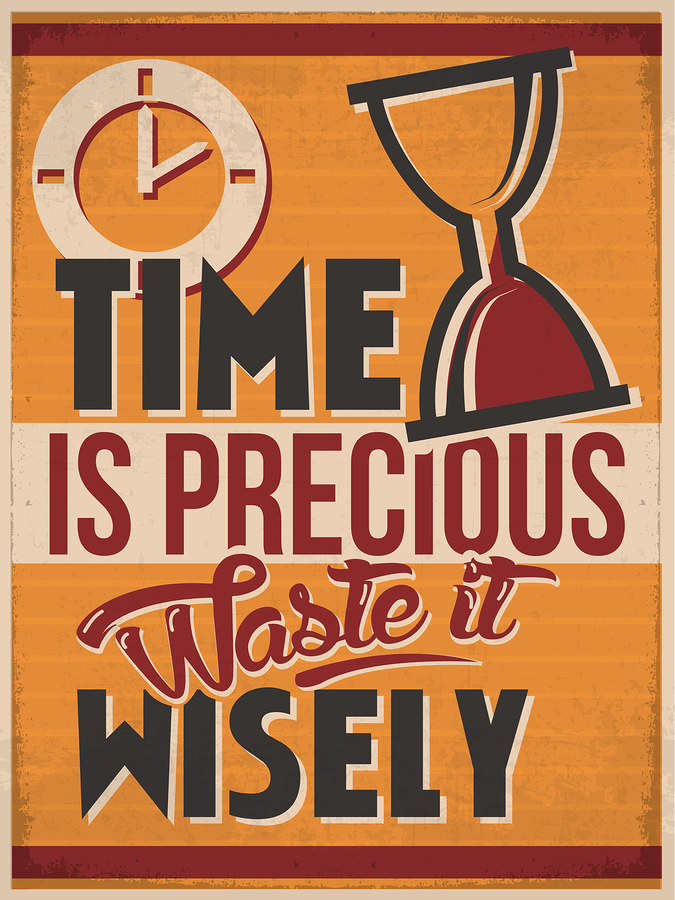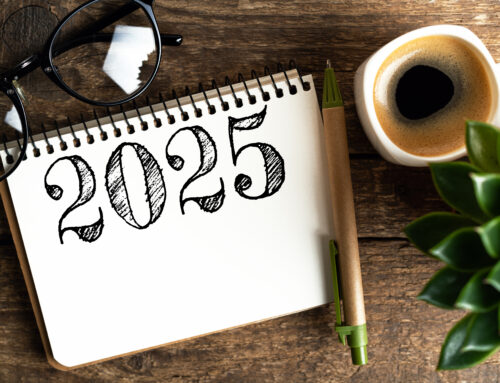 Think about it: Out of all of the hours you work each week, how many are really awesome, where you feel like you are working on the most important, super strategic things and completely in the zone, loving every minute of it?
Think about it: Out of all of the hours you work each week, how many are really awesome, where you feel like you are working on the most important, super strategic things and completely in the zone, loving every minute of it?
Maybe 5?
1?
None?
What if you could set up the way you worked to create two awesome hours each day?
That’s the premise behind Two Awesome Hours: Science-Based Strategies to Harness Your Best Time and Get Your Most Important Work Done (Amazon).
Josh Davis has reviewed all the neuroscience and psychology research and come up with what he says are the 5 key strategies. The first two are huge for me.
1. Recognize your decision points.
This is a big one for me, and for anyone who feels like they bounce around from call to email to writing to meeting to interruptions to meeting to email, etc. It’s about maximizing the moments in between tasks and being extremely intentional about what you do next.
If you are really bouncing around, you might have 10 or 15 decision points in one day! Stop. Take a few breaths. Think about how much time you have before the next locked-in thing on your schedule. What is the best thing to do next, in the time you have? Get yourself off of autopilot and really think!
Davis says:
- Savor each decision point in your day.
- Plan your decision points in advance.
- Don’t start a new task without consciously deciding it’s the right one.
- Literally say to yourself, “This is a decision point.”
2. Manage your mental energy.
If you’ve done any productivity reading at all, you’ll recognize this one. The paradigm has shifted from time management to attention management, which often boils down to mental energy management.
Think about tasks in terms of how much attention and focus they require to complete and also how emotional they are likely to be for you. When we try to tackle important work that requires creativity or strategic decisionmaking when we don’t really have enough in the mental and emotional gas tank, we peter out and don’t finish.
Davis says: “To leverage your mental energy, do a few things that really matter excellently, rather than doing everything moderately.” This resonated with me, because it’s the equivalent of what I tell communications directors about their communications channels: I’d rather see you do two communications channels really well (like email and Facebook) than to see you be mediocre in five channels (like just barely getting by with blogging, email, print, Facebook, AND Twitter).
The order in which you do tasks is also important, because even things that might seem mundane like checking email or scanning headlines, can have huge emotional impacts. You might see an email that reminds you how far behind you are on a project, or you might see news of some terrible tragedy, both of which create levels of anxiety that aren’t easily dismissed.
After reading this chapter, I realized just how important this is to me. I typically check email, Facebook and news first thing in the morning because I am not a morning person. I can get these things out of the way while I am still groggy and not at my best mentally. The problem is that what I often end up seeing either pisses me off or makes me sad.
It’s not about wasting my attention or most productive time on email or Facebook or news. Those hours between 7 – 10 am will NEVER be my best. However, I now realize, it’s about the mental frame of mind I am in as I reach my best times of the day for work. When 10 am rolls around, and I am fully awake and ready to go, I am often still depressed by what I saw earlier, sabotaging that naturally productive time.
3. Stop fighting distractions.
I found this advice curious at first, because distractions are often what prevent those two awesome hours from being realized. But what Davis is saying is that it is very natural for our minds to wander, and in that daydreaming is where we often find our best ideas. I totally agree. He advises ways to make room for that, while also getting yourself back on task when required and minimizing traditional distractions, like all those no-so-quick-questions.
4. Leverage your body-mind connection.
Get up and move, and eat and drink right, especially at work. You can be a sloth in your downtime. OK, fine. I didn’t find this section particularly compelling.
5. Make your workspace work for you.
Our physical environments affect our brain performance, so arrange your office space to help you instead of hurting you.
As an introvert, I loved this chapter because it slays the idea that open workspaces are ideal. While giving credit to the cross-pollination that does occur there, it emphasizes the absolute connection between noise and focus and creativity. Even people who prefer some noise in the background should pay attention to the kind of noise it is.
Davis also talks about the importance of light, and again, I know this is a huge for me, especially in the winter months.
What do you think?
Which of these five strategies are you already using to deal with feeling overwhelmed? Which one could you try out?






